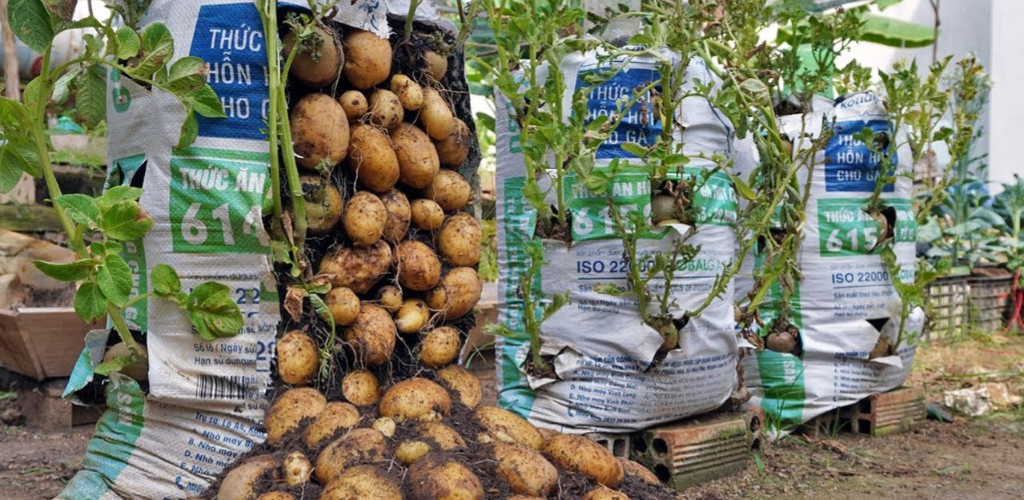How to make a garden from scratch, from soil preparation to planting.
Do you want to try your hand at creating a garden? Then arm yourself with work gloves, a shovel and a rake because the work to be done is long: from soil preparation to fertilizer, from sowing to the final harvest, your efforts will be rewarded by the vegetables you bring to the table!
You have also been conquered by food products at km 0. So you decided to make your own plot of land and carve a garden to be able to watch your vegetables grow, to be able to harvest them and bring your products to the table. Where to start? The first step is dedicated to preparing the soil (and perhaps the most exhausting!). You need work gloves to prevent blisters on your hands, a shovel, a rake, a pickaxe, a spade, and fertilizer.
If you are a beginner , don’t be afraid. Follow the instructions step by step and maybe ask someone more experienced than you for advice, or read some books on the subject. And then remember that you only learn by doing, so don’t worry about making too many mistakes, especially at first. If you are a horticultural professional , perhaps you still have some tricks that you missed or some plants that you have not yet dared to grow. This could be the right time.
Soil preparation
Contrary to what you might think, the soil must be prepared at the beginning of winter. The soil, in fact, must be moved, fertilized and must rest before sowing in spring.
At this point it’s time to roll up your sleeves. First you have to dig the soil, turn the soil where you will make your garden and remove the roots of weeds and weeds. Also remove as many stones as you can, so that working the soil later will be easier.
Feed the soil with fertilizer : the best is equine, but it is also the most expensive; Otherwise, use compost , perfect for fertilization because it makes the soil very friable.
Chop the largest clods, helping yourself with the pick and rake, and finally mix well with the fertilizer added to the soil. In the end, the floor surface will have to be as uniform and level as possible.
Before sowing
The efforts did not end here. The garden soil should be worked again just before planting . Weeds and weeds should be removed if they are still present, as well as large and medium stones should be removed.
Work the soil until it is crumbly and well level. At this point you can organize your garden. Think about what crops you will want to grow and divide the land into areas of different sizes; Seedlings and seeds should be placed in separate furrows made transversely to the slope that the water flow will follow. How is the distance of the slots decided? Just imagining what vegetables you will grow and how much will be most of the plants grown just before harvest.
Another important aspect is how to place the seedlings in the furrows: if they are spring or summer products, you must insert the seedlings in the furrows , to prevent water from dispersing; For winter products, however, you have to place them on top of the mountains of earth that you will have prepared in the furrows, this to avoid possible stagnation of water.
What to grow
There are vegetables that are easy to grow and others that are more challenging. If you are a beginner with a shovel and rake, it is better to focus on the simplest ones.
The tomato is one of them. It needs good sun exposure and soil acidity between pH6 and pH7. Dig a hole for each seed and space the holes at least 30 cm apart. It is a climbing plant, so get a structure that supports its growth.
Zucchini should be sown in spring, in the period from March to May. Place two or three seeds for each hole and space the holes at least one meter apart. Zucchini needs a lot of water, so water every day and in a couple of weeks you will see the first sprouts.
